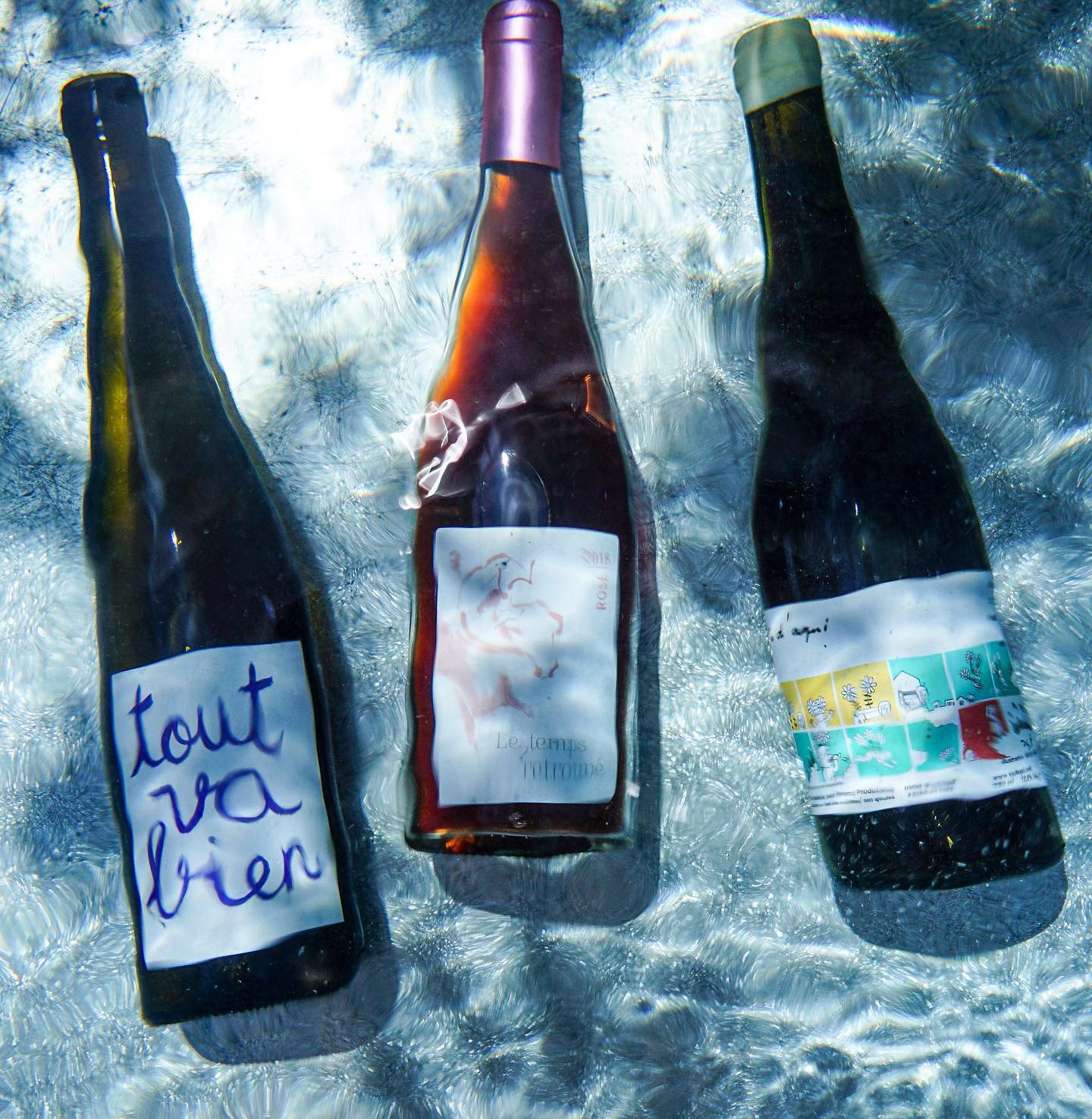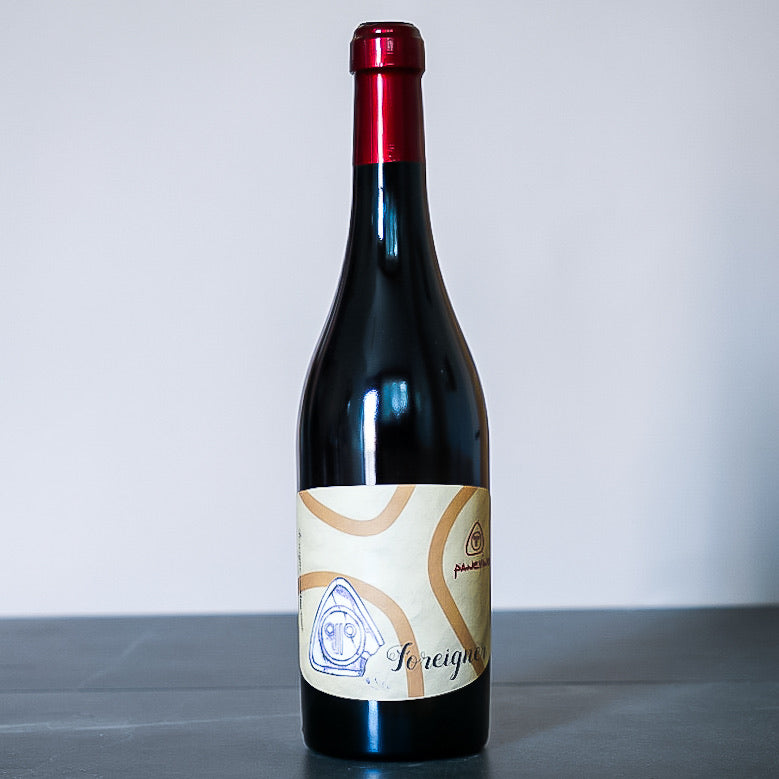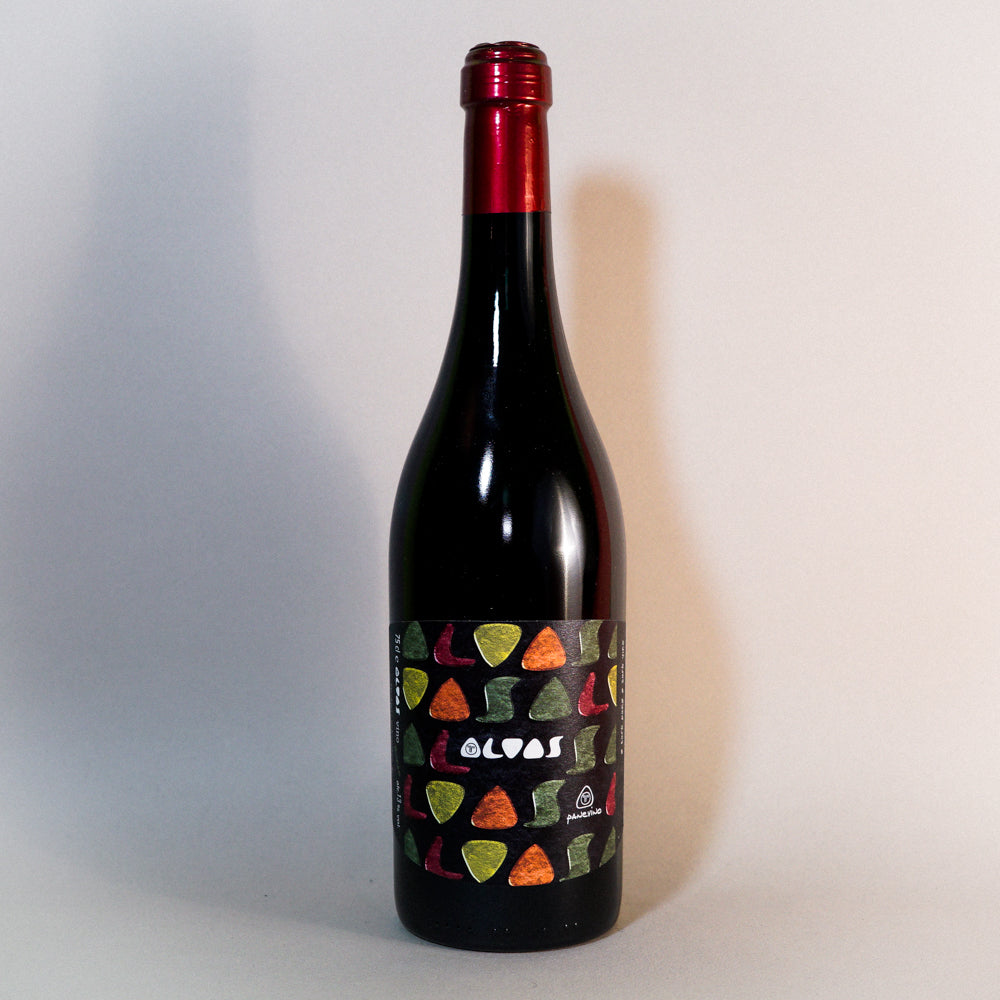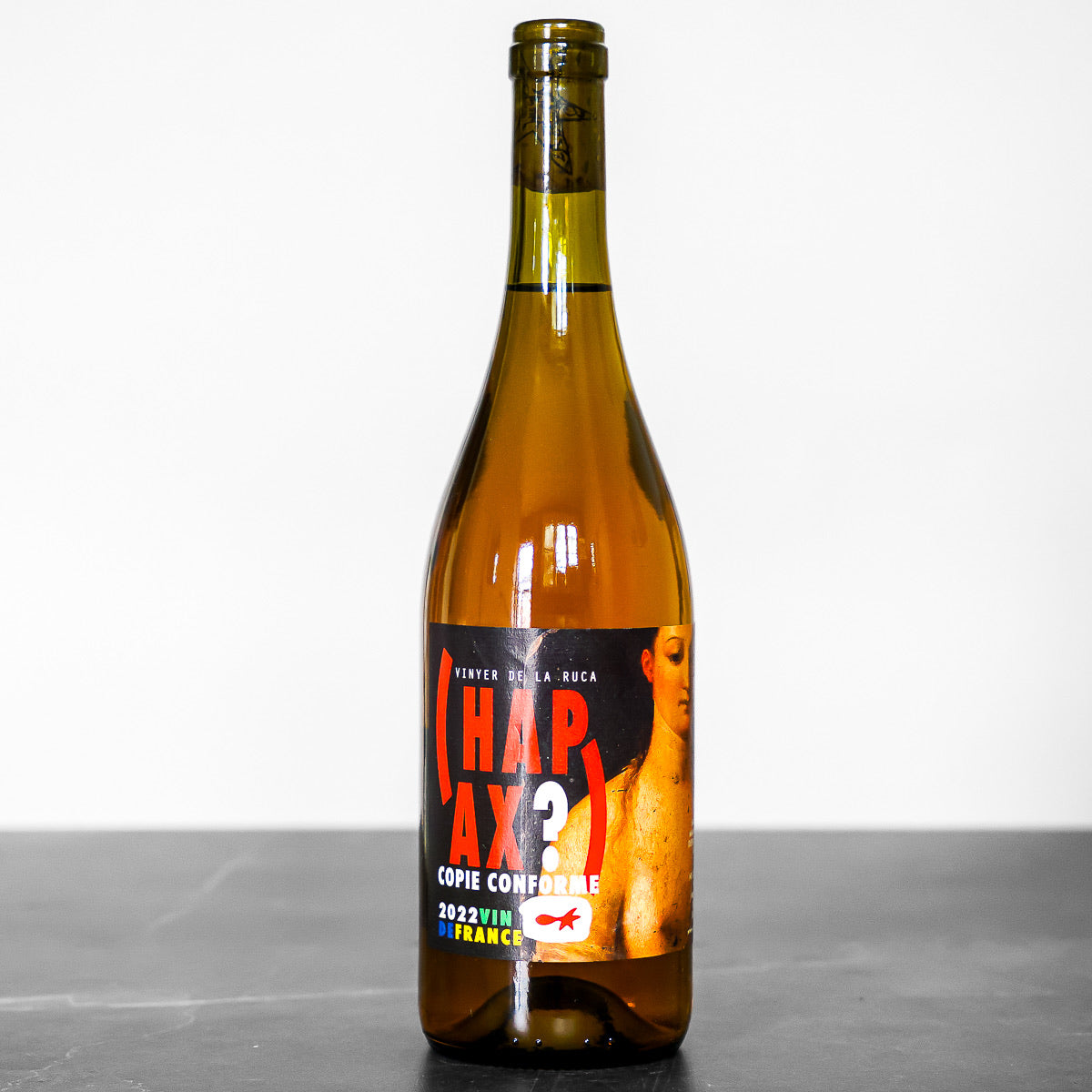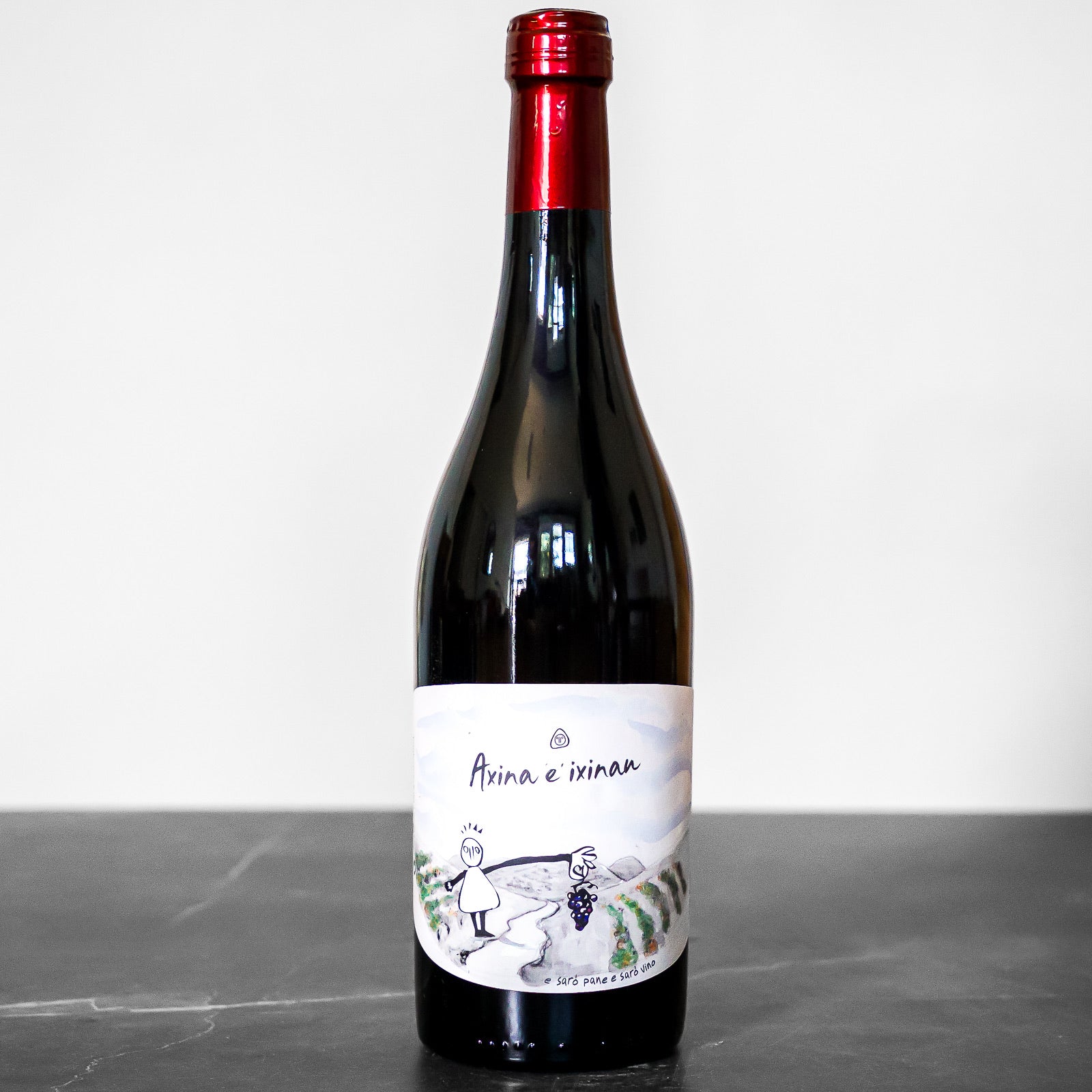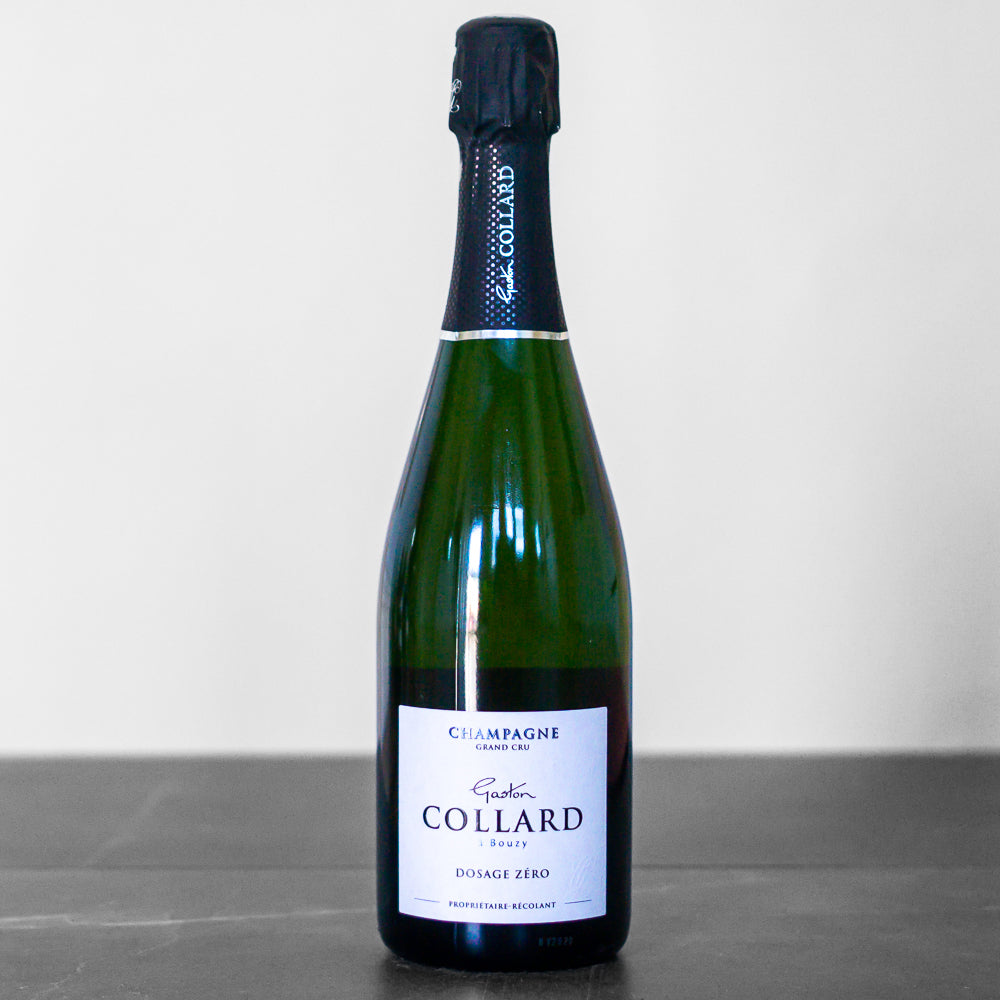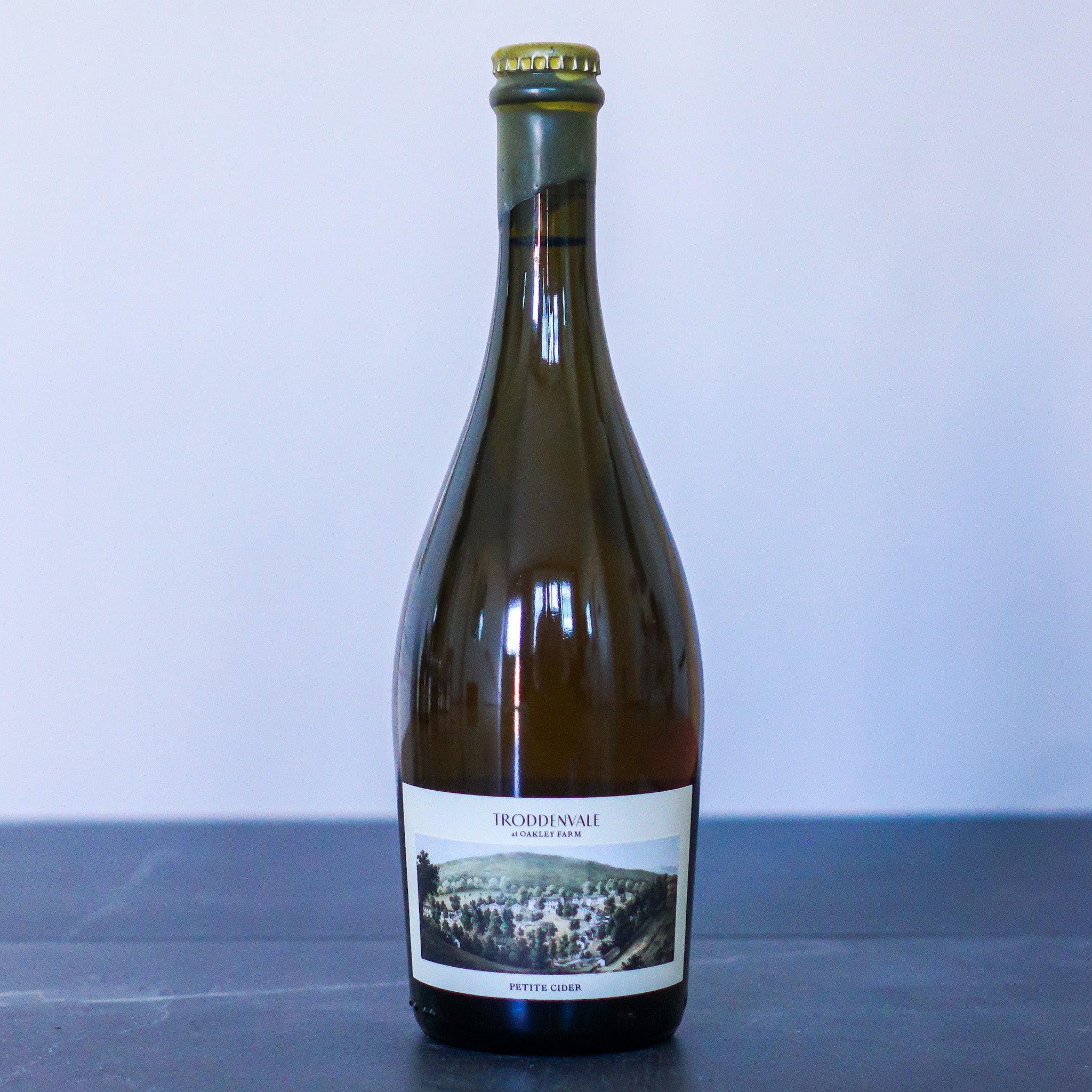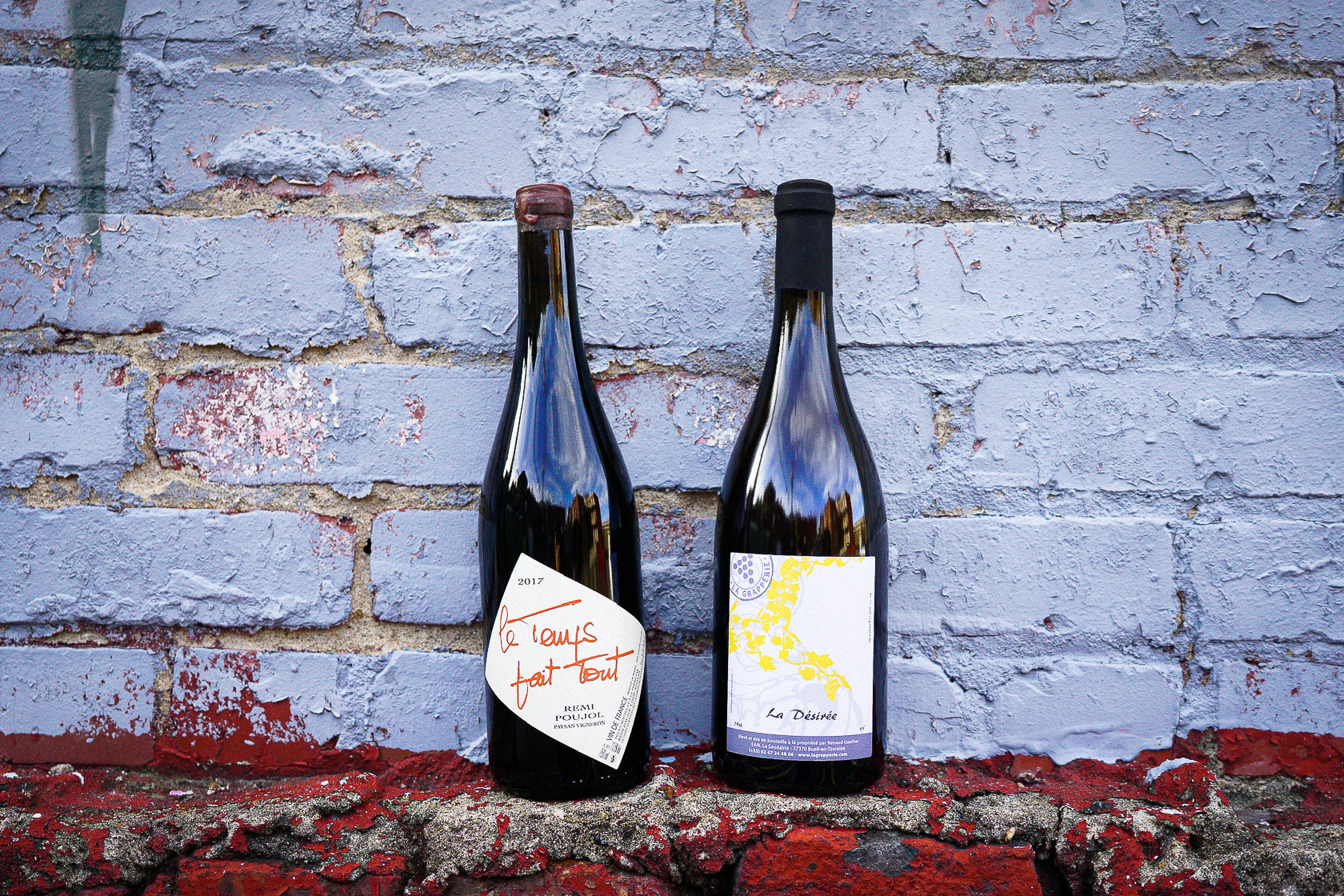Andreis
Region: Primošten
Grape: Babić
Vineyard Size: 70 hectares
Soil: limestone, dolomite
Average Age of Vines: 25 years
Farming: organic
Harvest: by hand
Winemaking: 35% 6-hour maceration, 65% 4-day maceration, 30% spontaneous fermentation in neutral oak with indigenous yeasts, 70% spontaneous fermentation in polyethylene
Aging: in neutral oak and polyethylene
Fining: none
Filtration: none
Added S02: 10 mg/L
Kreso Petrekovic
Following the success of his first winery, Podrum Franjo, Kreso Petrekovic brings his second passion project to life —Vinas Mora. This co-op winery focuses on producing natural wines from Primošten, a historic and UNESCO-protected area in coastal Croatia, near the city of Split.
Kreso, a former sommelier, wine professional, and importer in New York, found himself in his coastal house in Primošten at the beginning of the COVID-19 pandemic. Passionate about the area, its unique terroir, and Babić grape variety, Kreso always advocates drinking wines made by the local farmers who have no or very little commercial success. This zeal is how he found Josipa and Neno Marinov, a local couple producing wine from Babić, “as their elders did 100 years ago, with some improvements” a few years ago. The pair was selling wines in plastic bottles on the side of the road.
Together with Neno, they discovered nearly abandoned winemaking facilities of a local co-op. This site is where most of the growers in the area would sell their grapes. The closing of the co-op would have devastating effects on the entire local wine-growing community. The opportunity to take over was too good to pass on, and it was also necessary to keep the tradition alive. Joined by another friend and wine professional, Niko Dukan, the three of them founded Vinas Mora, with Kreso at its helm.
A play on words in Croatian, the winery name means “wines from the sea” because of the vineyard’s proximity to the Adriatic. Most of the growers involved farm vineyards only a few meters above sea level, where Babić vines literally grow in the rocks. However, the previously rocky, hardly accessible terrain saw incredible transformation through extreme human effort into agricultural land by manual clearing. Dry-stone walls separate the tiny plots with only three to four plants each, making it extremely hard to farm and harvest here, not to mention impossible to use any machinery.
The primary soil, crvenica (better known as terra rosa in Carso), created by the dissolution of limestone and dolomite, is hard and tight, with very little humus. Nonetheless, the clay component allows it to absorb and keep the water long enough to keep vines hydrated during the long, hot, and dry Mediterranean summers.
The winery is a testament to the Babić variety, but Vinas Mora produces wines from other local varieties, both red and white. The whites include Debit and Marastina, while reds include Plavina and Lasin. While the first wines from Vinas Mora include these varieties and the young Babić vines, in the coming years, the high-end cru wines will make their debut in the market.



